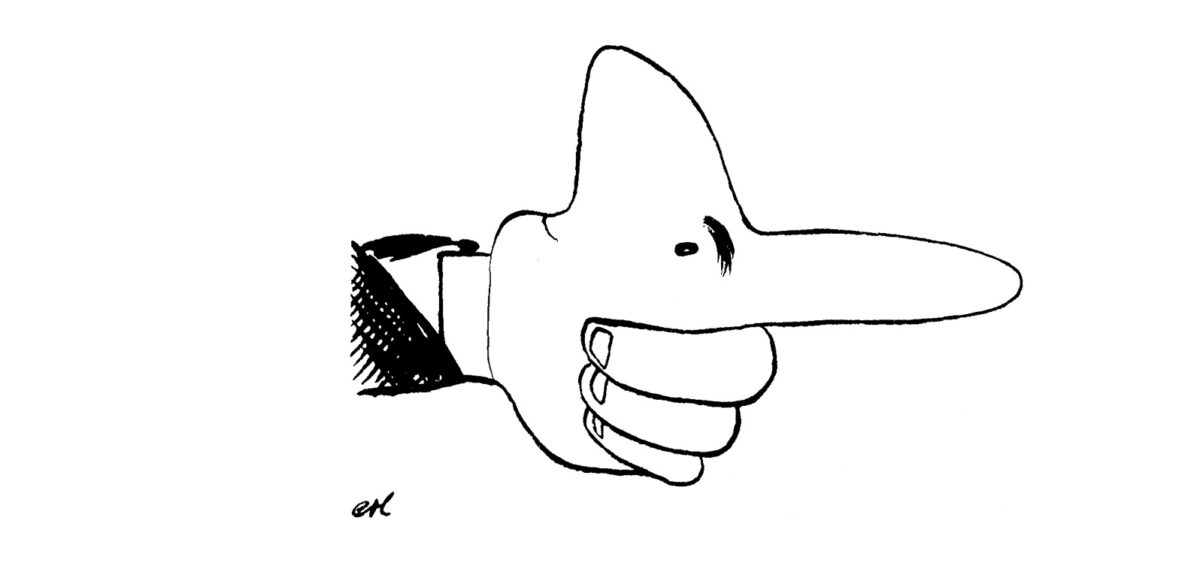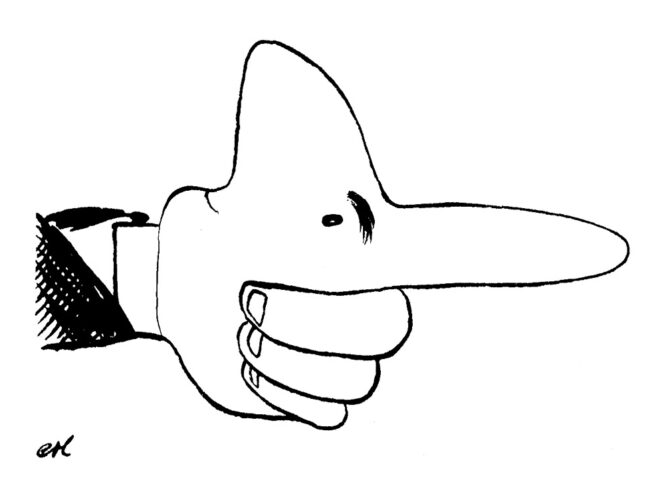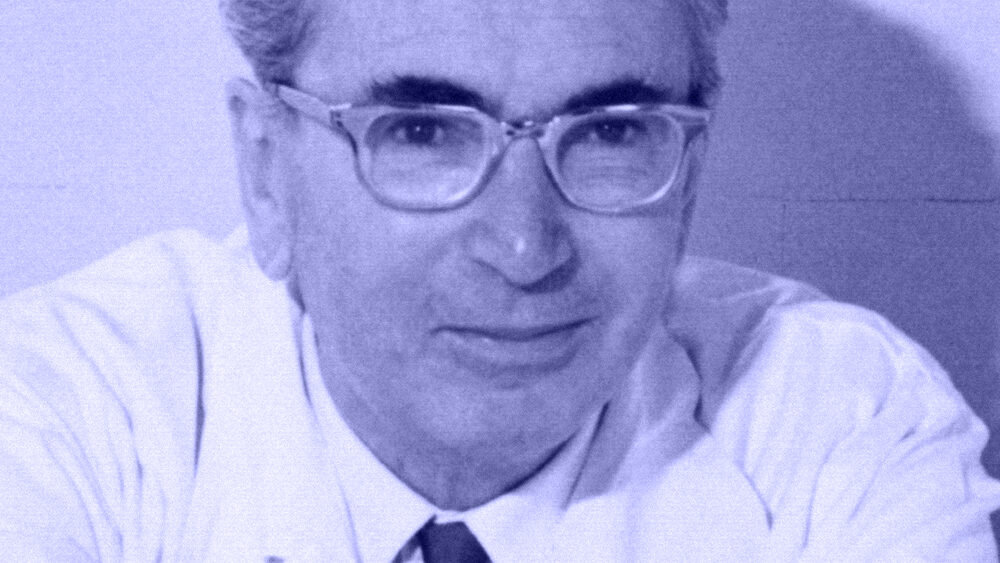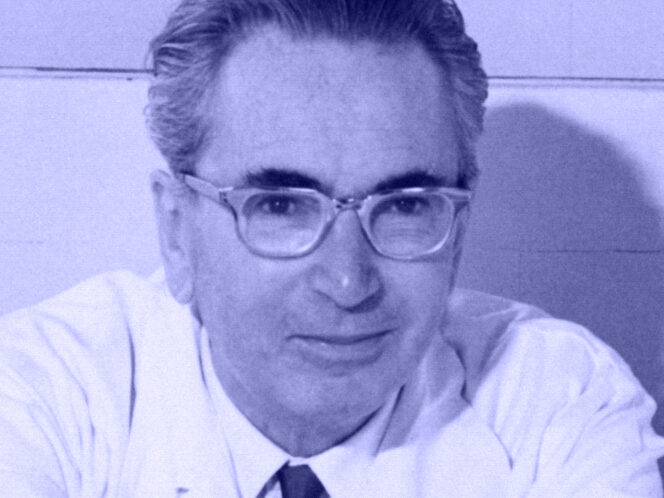
Intentions are sown so that they’ll grow; you have to care for them. These seeds represent our deepest longings. Mallika Chopra found a way to discover them inside yourself and live in accordance with them.
She never has enough time; she feels guilty that she screwed up somewhere. She forces herself to do as much as possible both in parenting and in her professional life. She keeps herself going on sugar and caffeine. When she sits in traffic, she dreams about the blessed life of a person who’s rested and full of energy, eating healthy and exercising every day. She imagines losing another four or five kilos…or seven…and meditating so she can live and work mindfully. She imagines that she’s with her friends, having a quiet dinner with her husband, spending time with her daughters Tara and Leela, with no plans. And she thinks about being active in the community. This imagined reality falls apart even before the kids jump into the car and she drives them to soccer practice. Oh no, she’s forgotten to pick up the dog from the groomer, and she still has to buy vegetables for dinner! When she puts the kids to bed, she’s worn out.
Well, which adult human being isn’t? Who doesn’t lie down to sleep with a strong determination to improve some aspect of their life, starting tomorrow? From the New Year? Who doesn’t float in such imaginings? Who hasn’t experienced








